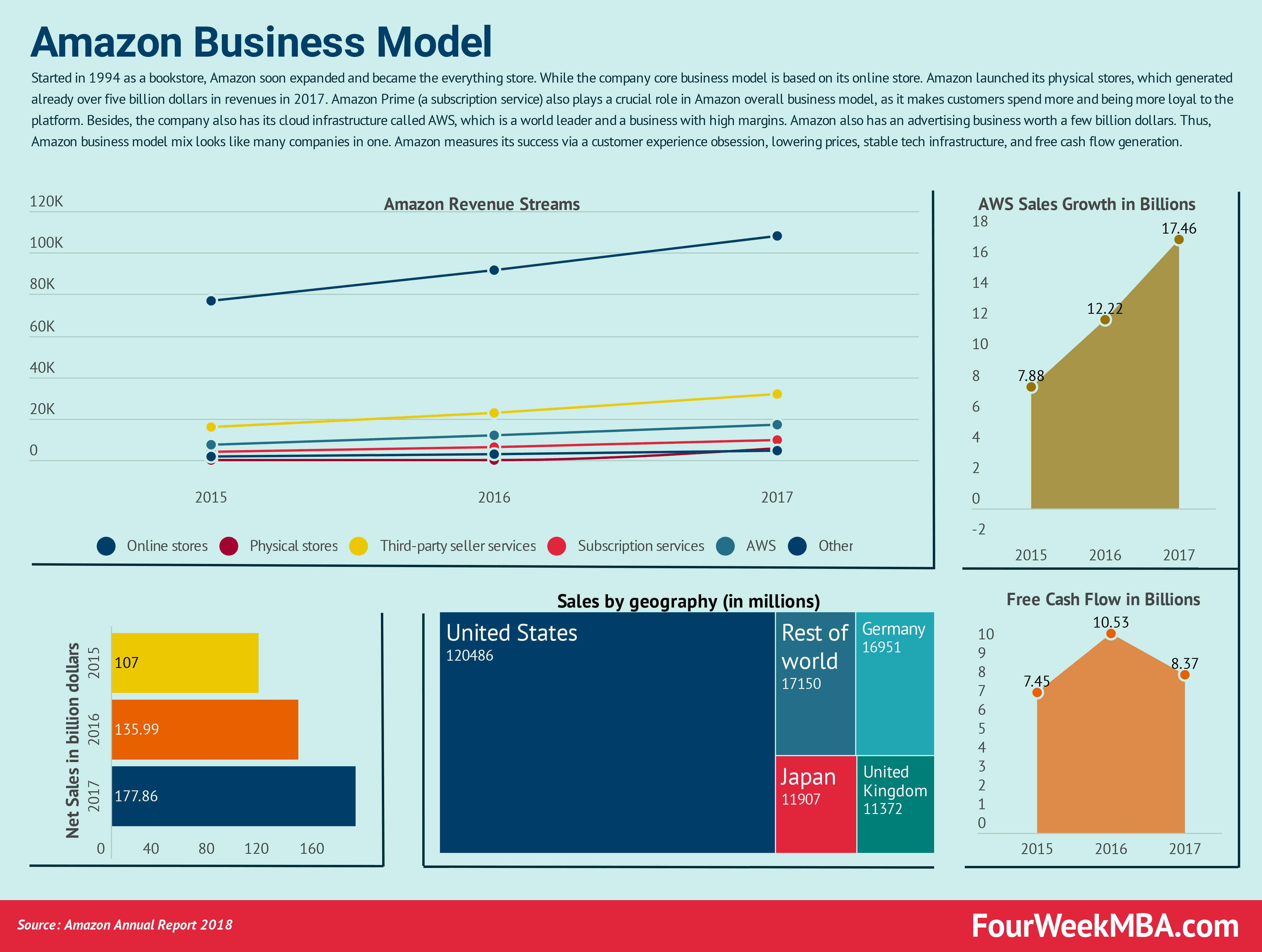![The 7 Success Factors of Social Business Strategy [INFOGRAPHIC] Yiblab](https://i2.wp.com/yiblab.com/wp-content/uploads/2015/10/7-success-factors-for-social-business-strategy.png)
Contents
- 1 Why Social Business Strategy Matters
- 1.1 Understanding the Power of Social Media
- 1.2 Identifying Your Target Audience
- 1.3 Setting Clear Goals and Objectives
- 1.4 Creating Engaging Content
- 1.5 Building Relationships with Influencers
- 1.6 Monitoring and Analyzing Results
- 1.7 Staying Ahead of the Trends
- 1.8 Measuring Return on Investment (ROI)
- 1.9 Continuously Evolving and Improving
Why Social Business Strategy Matters
In today’s digital age, having a solid social business strategy is crucial for any organization looking to thrive and succeed. It is no longer enough to simply have a presence on social media platforms; businesses must develop a comprehensive plan that aligns with their overall goals and objectives. A well-crafted social business strategy can help drive brand awareness, increase customer engagement, and ultimately boost revenue.
Understanding the Power of Social Media
Social media has transformed the way businesses interact with their target audience. Platforms like Facebook, Twitter, and Instagram provide unparalleled opportunities for businesses to connect with their customers on a more personal level. By leveraging the power of social media, companies can gain valuable insights into consumer preferences, enhance their brand image, and build a loyal customer base.
Identifying Your Target Audience
Before creating a social business strategy, it is crucial to identify your target audience. Understanding the demographics, interests, and preferences of your ideal customers will enable you to tailor your messaging and content to resonate with them. Conduct market research, analyze customer data, and utilize social media analytics tools to gain a deeper understanding of your target audience.
Setting Clear Goals and Objectives
A successful social business strategy starts with setting clear goals and objectives. Do you want to increase brand awareness, drive website traffic, or generate leads? Clearly defining your goals will help you develop a focused and effective strategy. Make sure your goals are specific, measurable, attainable, relevant, and time-bound (SMART).
Creating Engaging Content
Content is king in the world of social media. To capture the attention of your target audience and keep them engaged, you need to create high-quality, relevant, and shareable content. This can include blog posts, videos, infographics, or even user-generated content. Remember to incorporate storytelling techniques and make your content visually appealing to stand out from the crowd.
Building Relationships with Influencers
Influencer marketing has become an integral part of social business strategy. Collaborating with influencers in your industry can help you reach a wider audience, gain credibility, and drive more engagement. Identify key influencers in your niche and build meaningful relationships with them. This can be done through guest blogging, interviews, or partnerships.
Monitoring and Analyzing Results
Monitoring and analyzing the results of your social business strategy is essential for continuous improvement. Utilize social media analytics tools to track key metrics such as engagement, reach, and conversions. Regularly review your data to identify what is working and what needs improvement. Use these insights to refine your strategy and make data-driven decisions.
Staying Ahead of the Trends
The social media landscape is constantly evolving, and it is crucial for businesses to stay ahead of the trends. Keep an eye on emerging platforms, changes in algorithms, and shifts in consumer behavior. Adapt your strategy accordingly to ensure that you are effectively reaching and engaging your target audience.
Measuring Return on Investment (ROI)
While social media can be a powerful tool for businesses, it is important to measure the return on investment (ROI) of your social business strategy. Set clear metrics for success and track the impact of your efforts on your bottom line. This can include revenue generated, cost per lead, or customer lifetime value. By measuring ROI, you can determine the effectiveness of your strategy and allocate resources accordingly.
Continuously Evolving and Improving
A social business strategy is not a one-time effort. It requires continuous monitoring, analysis, and improvement. Stay up-to-date with industry trends, listen to customer feedback, and adapt your strategy as needed. By staying agile and continuously evolving, you can ensure that your social business strategy remains effective and drives long-term success.




